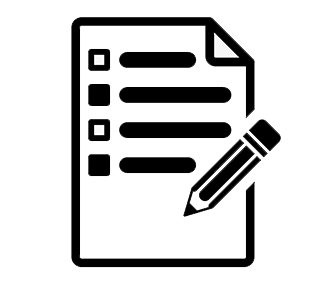Job Duties
Agricultural and bio-resource engineers
Design and develop machinery, structures, equipment and systems related to agriculture and food processing.
Biomedical engineers
Design and develop medical diagnostic and clinical instrumentation, equipment and procedures; develop devices to assist persons with disabilities; advise hospital administrators on planning, acquisition and use of medical equipment; and modify and install or supervise installation of equipment.
Engineering physicists and engineering scientists
Conduct research, develop processes, programs and equipment to expand fundamental knowledge in the applied sciences and engineering and to support advanced engineering and scientific applications.
Marine and naval engineers
Design and develop marine vessels and floating structures and associated marine power plants, propulsion systems and related systems and equipment and oversee the building, maintenance and repair of vessels and marine systems.
Textile engineers
Design and develop processes, equipment and procedures for the production of fibres, yarns and textiles.
Education Requirement
1. A bachelor's degree in an appropriate engineering discipline is required.
2. A master's degree or doctorate in a related engineering discipline may be required.
3. Licensing by a provincial or territorial association of professional engineers is required to approve engineering drawings and reports, and to practise as a Professional Engineer (P.Eng.).
4. Engineers are eligible for registration following graduation from an accredited educational program, and after three or four years of supervised work experience in engineering and passing a professional practice examination.
![]() 4 to 8 years experience required
4 to 8 years experience required ![]() 62,500 CAD to 87,300 CAD P.A.
62,500 CAD to 87,300 CAD P.A. ![]() Canada
Canada




